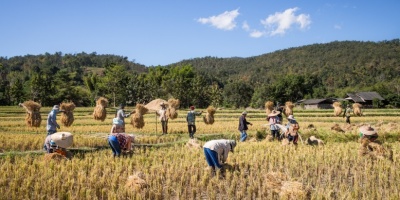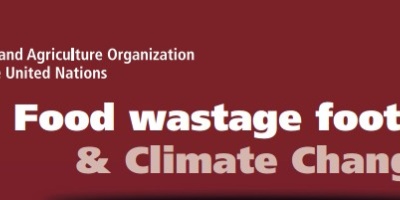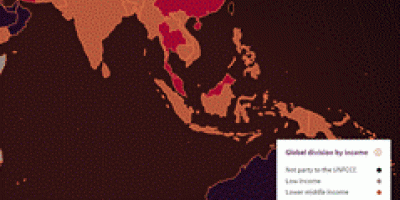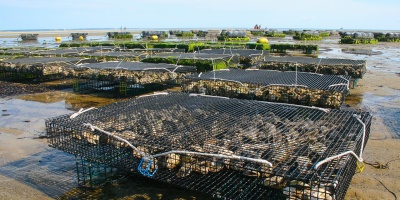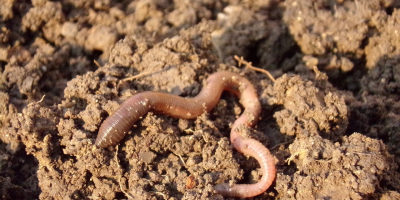All regions around the world are affected by climate change. Extreme weather events, increased rainfall, heat waves and droughts are among the changes caused by the rise in average global temperature. Weather variability is generally increased as well and can be a great cause of concern for farmers. The future impact of the changes on agriculture is unclear: in some areas food production may increase, whereas in many others changing long-term conditions and unstable weather patterns may have disastrous consequences. Measures to adapt to the new climate and weather are being developed in most industries and issues around the financing of such measures have been the cause of contestation in global policy processes such as IPCC. In agriculture, it is considered necessary to prepare for changing climatic conditions through adapting seeds, crop/livestock choices, and production practices and fostering more resilient systems that can cope with shocks and variable conditions. Such adaptation to a changing climate is a huge challenge, requiring joined up institutional thinking, plenty of engagement with farmers, and adequate financing of agricultural R&D.





